Sustainability in Interior Design
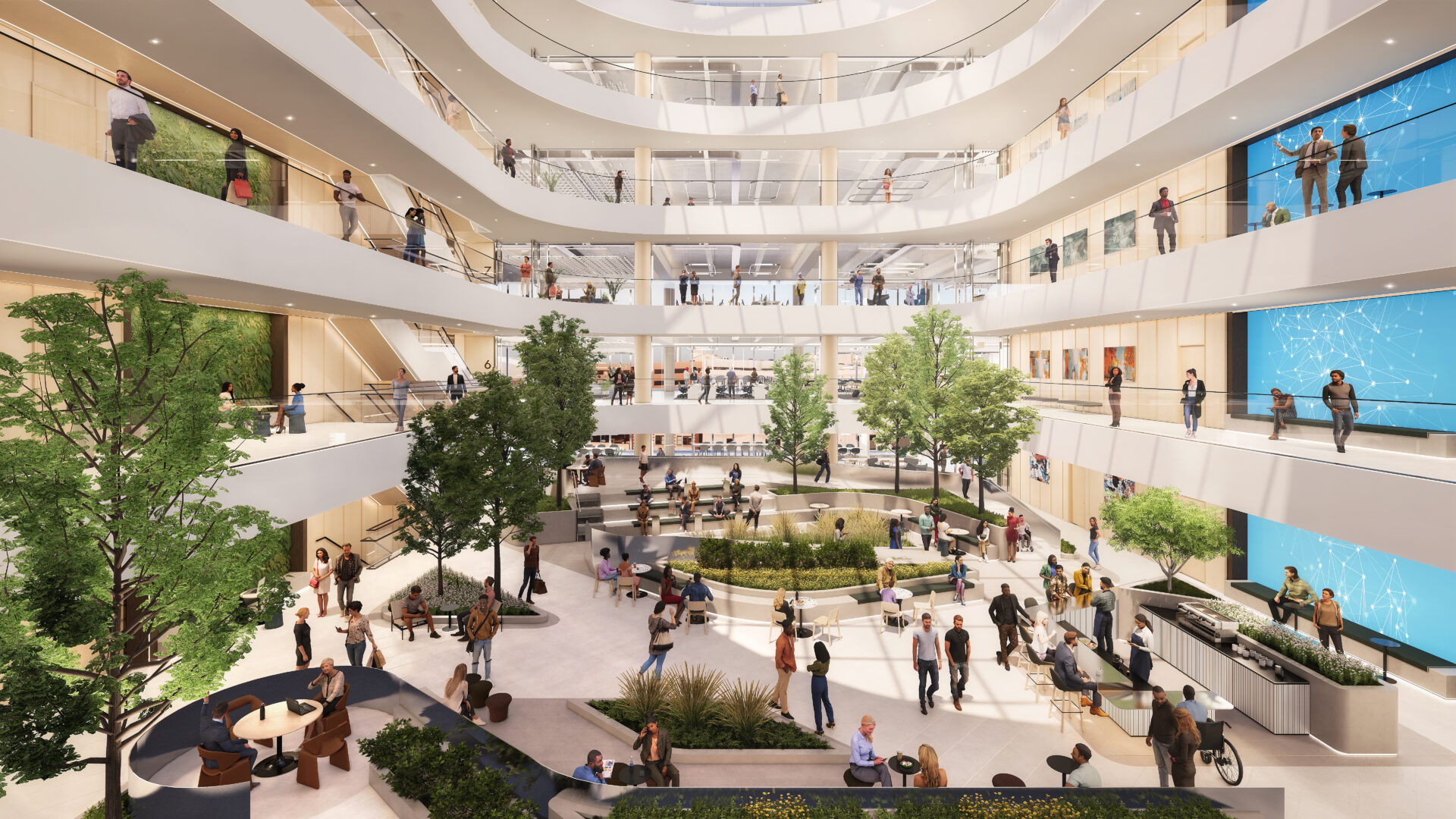 Read Below
Read Below
 Read Below
Read Below
Sustainability in Interior Design
Sustainability is a fundamental principle guiding our design process at Pophouse. Construction and demolition create nearly 600 million tons of waste per year in the United States. Taking proactive measures to mitigate the environmental impact of construction by prioritizing restoration and adaptive reuse within the Interior Design industry is critical to our sustainability mission. Integrating sustainable materials into our designs ensures that each project minimizes our ecological footprint while creating spaces that inspire and endure. As we delve into the realm of interior design, the marriage of aesthetics and sustainability becomes crucial, especially in urban landscapes like Detroit where revitalization efforts are underway, and adaptive reuse holds significant promise.
Whether it’s an adaptive reuse, a new build, or a renovation, the framework of the project serves as the compass guiding us towards sustainable solutions. This framework not only shapes the trajectory of the project but also lays the groundwork for achieving certifications like LEED, underscoring the commitment to environmental responsibility.
Our multifaceted approach to sustainability at Pophouse includes both internal and external investments and best practices, as well as project-specific recommendations. The interior design industry plays a critical role in reducing waste, embracing ethically and sustainably sourced materials, consideration of responsible transportation methods, and creating efficient and environmentally friendly spaces. We are committed to specifying and procuring low-impact products within our work, including the use of natural materials such as recycled glass, wood, wool, stone, and bamboo. As important as the materials themselves, is the way in which they are sourced. Considerations such as location, ethical and sustainable extraction, material toxicity and renewability are all factors our team considers when making selections.
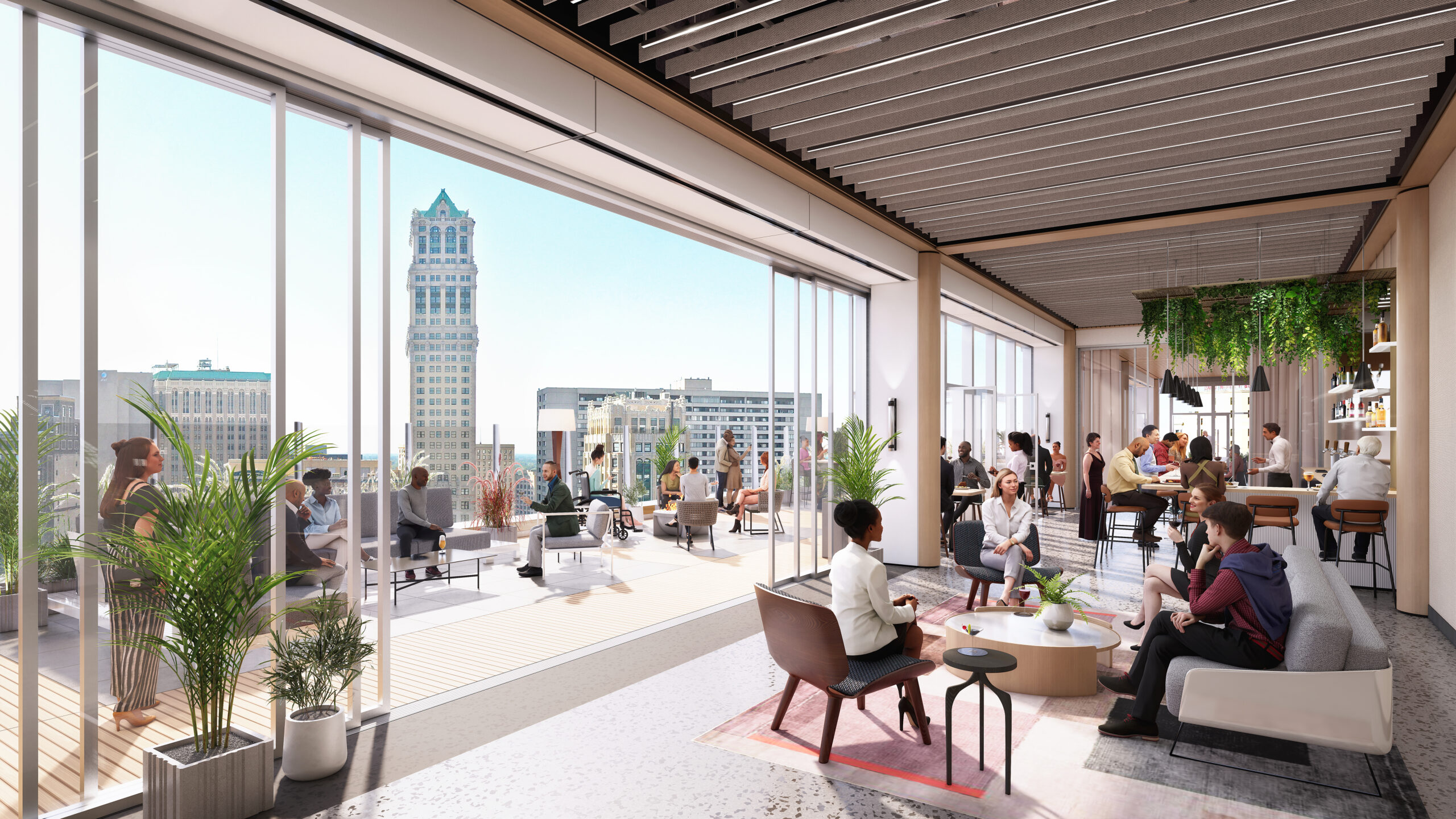
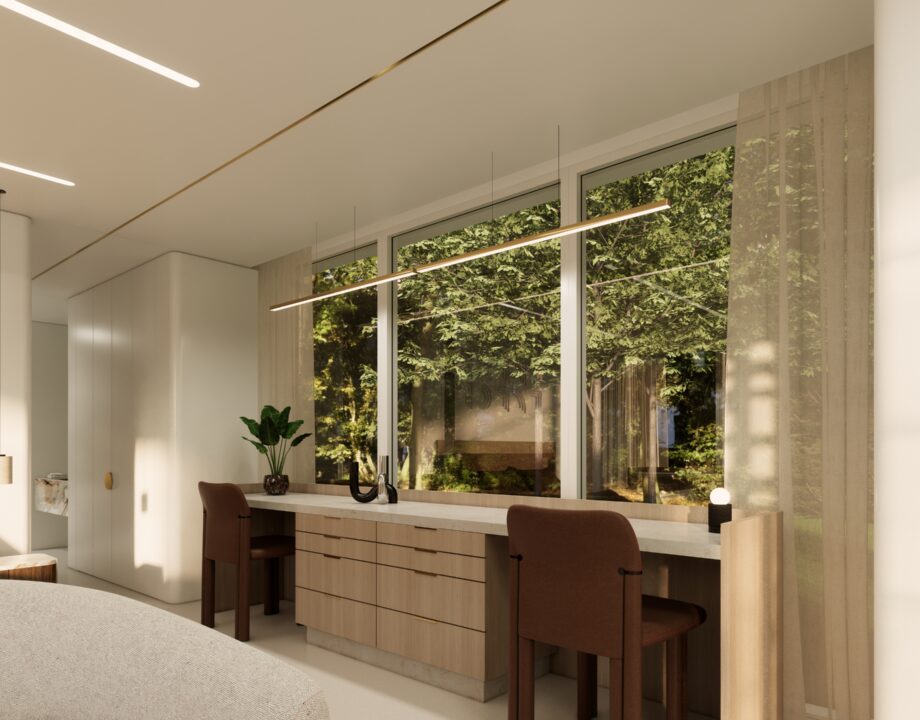
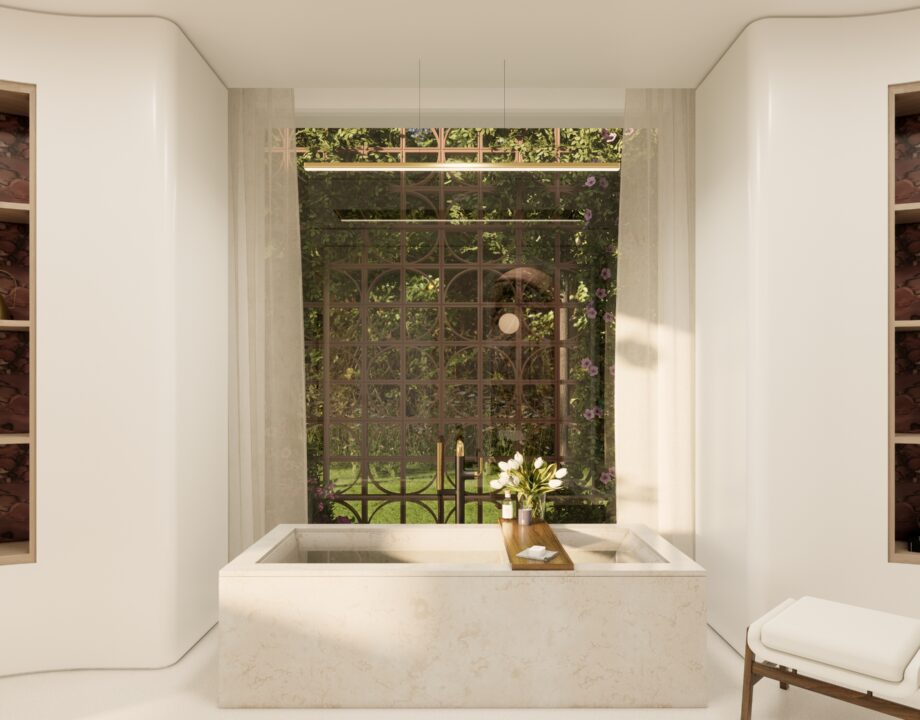
We work closely with all consultant teams at a project level to design both sustainable and efficient spaces, take advantage of certification opportunity, leverage existing features such as natural daylight and smart lighting systems, the integration of biophilia, and existing systems and infrastructure to create energy efficient smart spaces, reduce the carbon footprint, and protect the environment.
With extensive experience in renovation and historical preservation within the Detroit community, Pophouse works to identify and preserve existing architectural and historical context that can be repurposed or upcycled to reduce waste, use of new material, and labor. The practice of preservation is just as important to our team as the creation of new. Waste reduction also comes into play within our practices through locality of resources, transportation, and shipping methods. Our team has built strong, long-standing relationships with local manufacturers, fabricators, and vendors to specify and procure product that is both US and Michigan-made, reducing the impact on our environment within our projects.
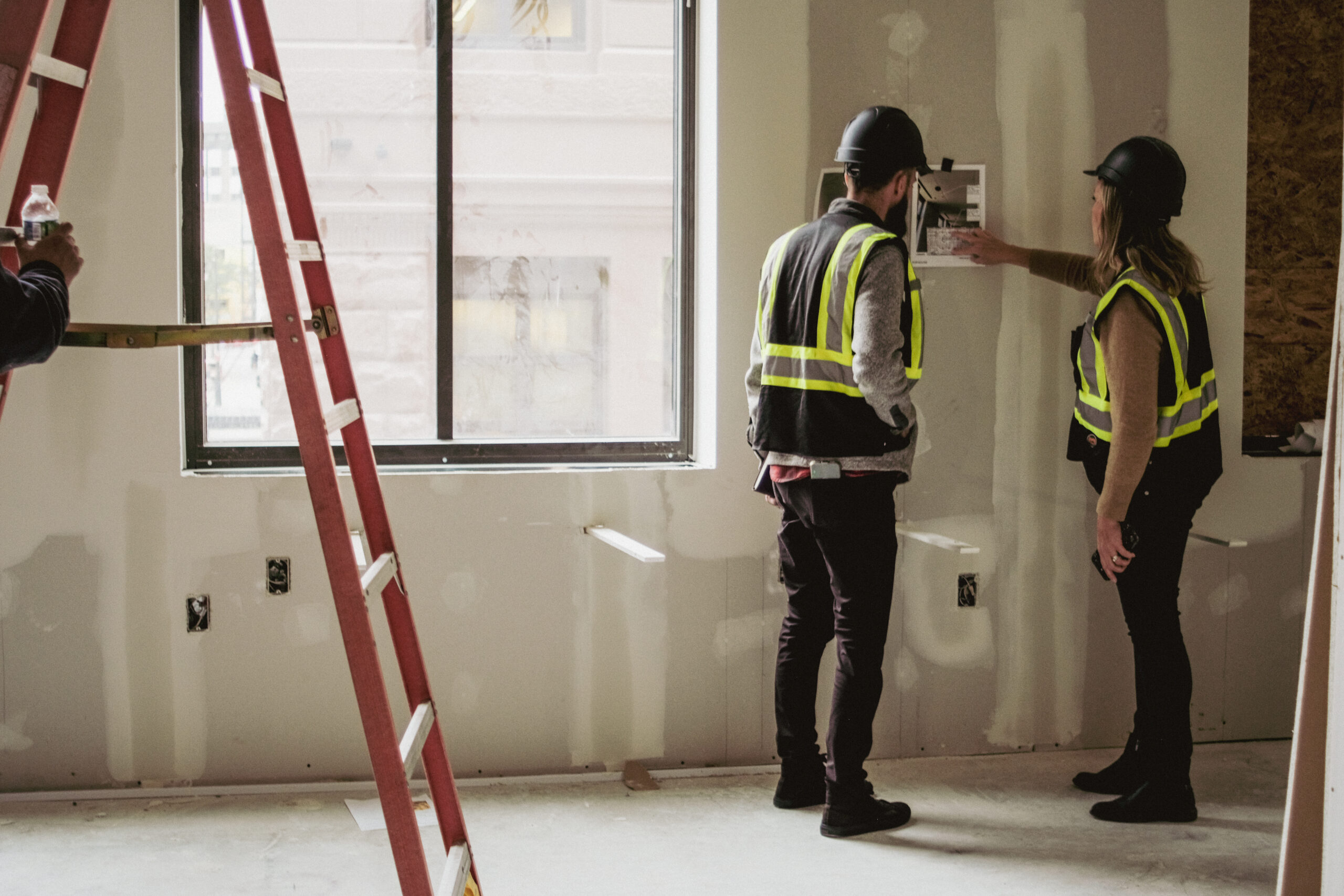
Adaptive reuse is a critical component to reducing waste in the interior design industry. We are dedicated to revitalizing Detroit’s rich architectural heritage through the revitalization of the countless historic buildings in our community. The intersection of sustainability and interior design offers a compelling vision for the future of urban living, one that embraces principles of environmental conservation and community well-being. In Detroit, a city poised for renewal, the adoption of sustainable design practices holds the potential to create spaces that inspire and endure. It is imperative to maximize existing infrastructure by repurposing abandoned buildings and breathing new life into neglected spaces. Through innovative design solutions that honor Detroit’s rich architectural legacy, we strive to create sustainable, vibrant spaces that embody the spirit of renewal and resilience inherent to the Motor City.
Next Story
